Medicine is one of the most highly regarded professions in Nigeria and is simultaneously considered one of the most competitive fields of study. Prospective physicians across the country hope to gain admission into the most prestigious medical schools that combine academic excellence with state-of-the-art learning facilities and dominance in medical research.
Choosing a suitable university is a very important decision for people who want to be successful in the field of Medicine and Surgery.
This article covers the best universities in Nigeria that are known for producing great medical professionals. The listed institutions have been noted for their academic excellence, innovative teaching methods, and strong emphasis on practical medical training. Whether public or private, join us as we reveal the top medical schools shaping the future of healthcare in Nigeria.
Join us in exploring the premier medical schools across Nigeria, categorized by region and type, whether public or private. Let us begin!
1.University of Ibadan (UI)
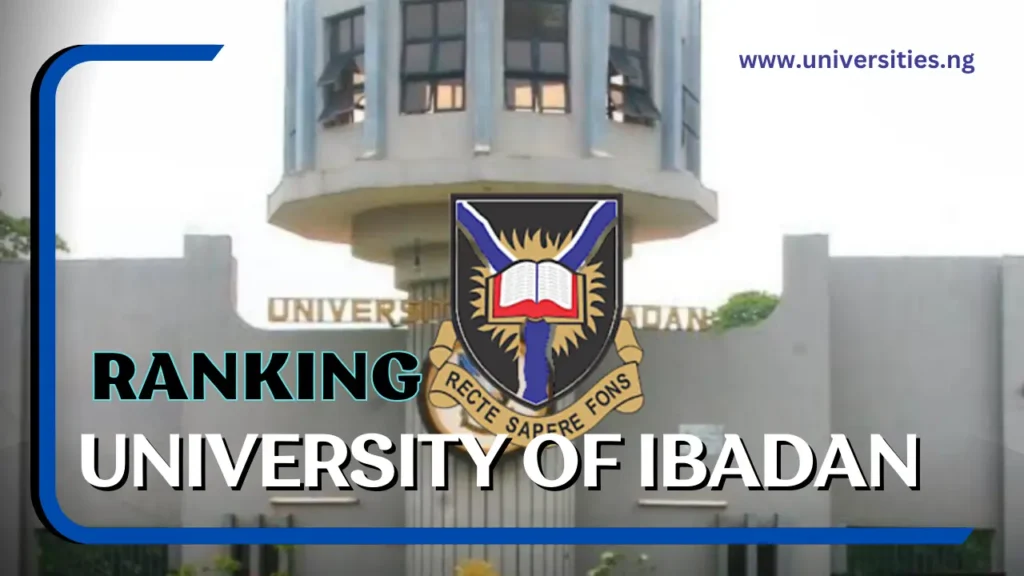
Established in 1948, the University of Ibadan (UI) holds the distinction of being Nigeria’s first university. With a strong legacy of academic excellence, its renowned medical school has earned recognition both nationally and globally.
Over the decades, UI has trained countless medical professionals, many of whom have made significant impacts on healthcare not only in Nigeria but around the world.
What truly distinguishes UI is its unwavering dedication to academic excellence and pioneering medical research.
The university is closely associated with the University College Hospital (UCH), one of the largest and most advanced teaching hospitals in Nigeria. This partnership gives students access to state-of-the-art medical facilities, including a comprehensive cancer treatment center and cutting-edge surgical units, enhancing their hands-on learning experience.
2. University of Lagos (UNILAG)
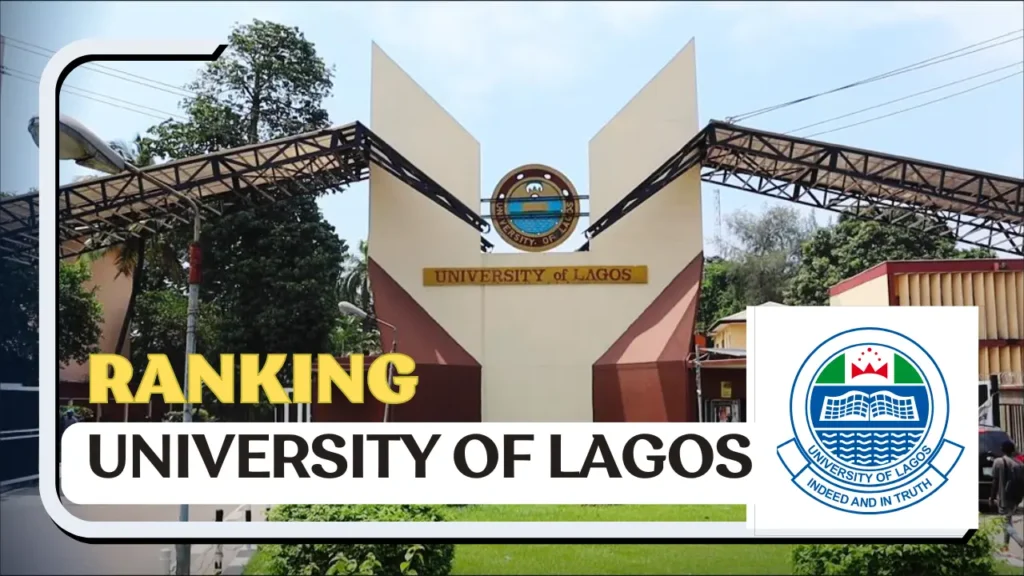
The University of Lagos is another prestigious institution that has earned its place as one of the top medical schools in Nigeria. Founded in 1962, UNILAG’s Faculty of Medicine has a solid reputation for producing well-trained medical professionals who excel in various medical specialties.
One of the key benefits of studying at UNILAG is its location in Lagos, Nigeria’s largest city. This provides students with access to a wide variety of clinical cases and practical experiences. UNILAG’s medical students also benefit from the university’s collaboration with international institutions, which helps expose them to global best practices.
Lagos University Teaching Hospital (LUTH), a premier healthcare facility, provides hands-on training for medical students, offering specialized services in cardiology, oncology, and infectious diseases. The hospital’s high patient turnover ensures that students gain valuable experience in treating a broad range of medical conditions.
3. Ahmadu Bello University (ABU), Zaria

Ahmadu Bello University, founded in 1962, is renowned for its robust academic programs and its contributions to healthcare in Nigeria, particularly in the northern region. ABU’s College of Medicine is known for its high standards, producing graduates who have gone on to make significant impacts both nationally and internationally.
One of the university’s strengths is its connection with Ahmadu Bello University Teaching Hospital (ABUTH), which is one of Nigeria’s largest teaching hospitals.
The hospital provides comprehensive training across various medical specialties, ensuring that students gain practical experience in fields like cardiothoracic surgery and infectious disease management.
4. Obafemi Awolowo University (OAU)

Obafemi Awolowo University, located in Ile Ife, Osun State, has a long history of producing top-notch medical professionals. Since its establishment in 1962, OAU has built a reputation for rigorous academic training and cutting-edge medical research.
The university’s College of Health Sciences is well-regarded for its clinical training programs and research initiatives. With a faculty that includes esteemed scholars such as Professor Wole Atoyebi, a former president of the Nigerian Medical Association, students are guaranteed a high-quality education.
OAU is affiliated with the Obafemi Awolowo University Teaching Hospitals Complex (OAUTHC), a comprehensive healthcare center equipped with world-class medical technologies, including a state-of-the-art cardiovascular unit. This affiliation ensures that medical students receive hands-on training in a variety of specialties.
5. University of Nigeria, Nsukka (UNN)

The University of Nigeria, Nsukka, has earned its place as one of the leading universities for studying medicine and surgery in Nigeria. Established in 1960, UNN has produced thousands of medical graduates who have gone on to make significant contributions to healthcare both in Nigeria and abroad.
UNN’s College of Medicine places a strong emphasis on research and clinical practice. The university is affiliated with the University of Nigeria Teaching Hospital (UNTH), which serves as a major referral center in Nigeria.
The hospital’s advanced diagnostic and treatment facilities, including a cardiology unit and an oncology department, ensure that students receive comprehensive medical training.
6. University of Ilorin (UNILORIN)
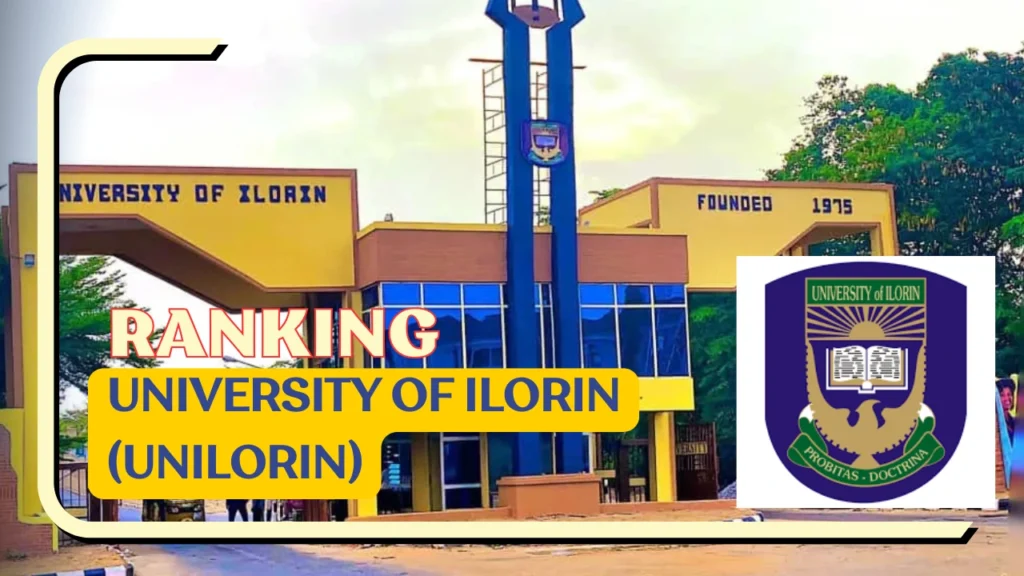
The University of Ilorin is well-known for its strict academic discipline, which ensures that students graduate on time. Founded in 1975, the university’s College of Health Sciences is highly regarded for its strong focus on medical ethics and professional conduct.
UNILORIN’s medical faculty includes respected professors such as Professor Oladiji Folarin and Professor Abdulkarim Abdulraheem, both of whom contribute to the university’s reputation for excellence in medical education.
The University of Ilorin Teaching Hospital (UITH) is equipped with state-of-the-art facilities that provide students with practical training in various medical specialties, including internal medicine, surgery, and pediatrics.
7. Lagos State University (LASU)

Lagos State University might not be as old as some of the more traditional institutions in Nigeria, but it has quickly made a name for itself in the realm of medical education.
Since opening its doors in 1983, LASU’s College of Medicine has been dedicated to shaping the future of healthcare by offering a curriculum that evolves alongside global medical advancements.
One of LASU’s standout features is its close connection to Lagos State University Teaching Hospital (LASUTH). Being next to such a significant medical center gives students invaluable hands-on experience across various specialties, including neurology, oncology, and emergency medicine.
This constant exposure to real-life medical situations not only deepens their understanding but also sharpens their practical skills, ensuring they’re prepared to face a wide range of medical challenges. LASU’s proactive approach to regularly updating its curriculum guarantees that graduates leave ready to excel, whether they choose to practice locally or pursue opportunities abroad.
8. University of Benin (UNIBEN )

Nestled in the heart of Edo State, University of Benin has earned its place as a rising star in medical education, especially in the southern region of Nigeria. Since its establishment in 1970, UNIBEN Faculty of Basic Medical Sciences has been dedicated to building a strong foundation for future doctors, blending rigorous medical training with impactful research.
A standout feature of UNIBEN is its close collaboration with the UNIBEN Teaching Hospital (UBTH). This partnership gives students access to state-of-the-art medical equipment and exposes them to a wide range of clinical cases.
What truly sets UNIBEN apart is the practical exposure students receive in tropical medicine and public health—critical areas given the healthcare challenges unique to the region. UNIBEN graduates are known for their adaptability, particularly in rural and underserved communities, making them highly valued in the medical field.
9. Delta State University (DELSU)

Delta State University (DELSU), located in Abraka, is a prominent institution for medical education in Nigeria. The university’s Faculty of Medicine emphasizes a balance between theoretical knowledge and practical clinical training, ensuring students are well-rounded and fully prepared for the demands of the medical profession.
At the core of DELSU’s medical program is its relationship with Delta State University Teaching Hospital (DELSUTH), a key healthcare facility in the region. Students here have access to advanced training in areas such as cardiology and nephrology, working alongside seasoned professionals who guide them through complex medical procedures.
DELSU’s focus on providing a comprehensive medical education, supported by state-of-the-art equipment and highly experienced faculty, ensures its graduates are well-prepared to meet the evolving challenges of modern healthcare.
10. Bayero University, Kano (BUK)
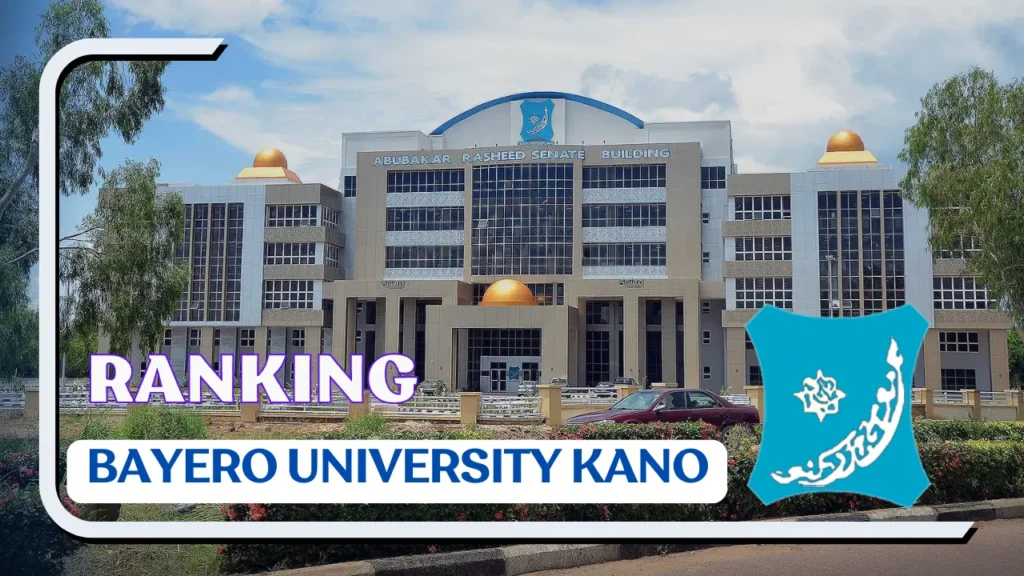
Since its founding in 1977, Bayero University, Kano (BUK) has become one of the most respected institutions for medical education in northern Nigeria. Renowned for its high academic standards, BUK’s Faculty of Medicine is deeply committed to shaping skilled and competent healthcare professionals who are ready to tackle the challenges of modern medicine.
One of the key advantages for BUK students is the university’s close relationship with Aminu Kano Teaching Hospital (AKTH), one of the largest teaching hospitals in Nigeria. This partnership provides students with hands-on training in specialized areas like infectious diseases, surgery, and pediatrics.
The diverse learning environment at AKTH ensures that BUK students are exposed to a wide range of medical cases, helping them develop the practical skills and clinical expertise needed to excel in the healthcare industry. BUK’s focus on real-world experience guarantees that graduates leave well-prepared to make a meaningful impact in their medical careers.
How Are the Best Medical Schools Ranked in Nigeria?
How do you determine which are the best medical schools in Nigeria? Using a high-quality ranking system, of course.
These universities are typically Accredited by the National Universities Commission, a reputable regulative body that periodically evaluates and accredits universities within Nigeria. It assesses critical areas concerning academics, hence making certain that rankings will reflect institutional performance and quality. The methodology behind its evaluation looks at different indicators including:
- Quality of teaching
- Research output
- Relevance in the job market
- Standards of accreditation
- Facilities and infrastructure
- In medical school specific rankings, the following additional factors also come into play:
- Number and quality of full-time and part-time faculty
- modern teaching hospitals and clinical training facilities available
- graduation rates and graduate performance
- impact of medical research and innovation.
Thus, NUC has a comprehensive framework that gives a complete picture about the performance of medical institutions for informed decisions by students, parents, and other stakeholders.
Regularly updated, the reviews reflect the commitment of schools to academic excellence. Such rankings are very important for the effective preparation of future professionals in medicine to take on most of the challenges in healthcare effectively, both in Nigeria and beyond.
Thus, the NUC stands out as a valuable resource for those seeking accurate and up-to-date information about the best medical schools in the country.

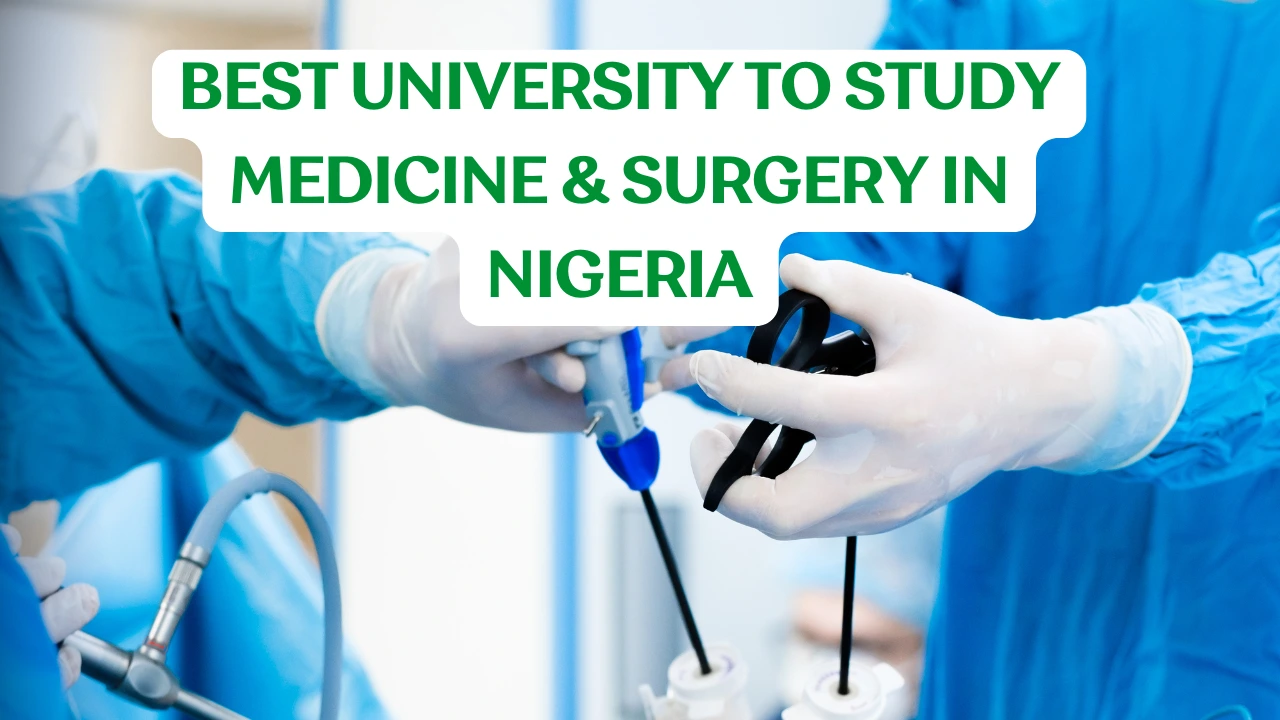







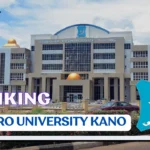






Hello dear sirs, I am pleased to talk to you regarding the prestigious Nigerian universities. What I want to know is as follows:
1: How can I study medicine when I am from the Republic of Chad? My high school percentage is 85%. 2: My mother tongue (primary) is Arabic and French, and my English level is B1. Do you have a preparatory year for the language, or will I study English before starting university?
Thank you .
You can study medicine in Nigeria as a Chadian student, but you must meet some admission requirements. You must have at least five credits in Mathematics, Physics, Chemistry, Biology, and English in most universities. Some universities admit international students through JAMB, while others offer direct admission. You will also require a student visa and maybe additional application fees. Some of Nigeria’s top medical schools include the University of Lagos (UNILAG), the University of Ibadan (UI), and Ahmadu Bello University (ABU).
Since your English level is B1, you may be asked to upgrade your level before you start studying medicine. There are certain Nigerian universities that offer preparatory English courses for international students, while others will insist on an English proficiency test like TOEFL or IELTS. It is best to ask the university you are applying to and verify what level of language they expect. I dont think the issue of English will be a problem for you
First, look for institutions that will take international medical students and contact their admissions department for certain information. If this is needed, enroll in an English course beforehand. Having fulfilled all requirements, you may then proceed with the application and be able to achieve your goal of studying medicine in Nigeria.